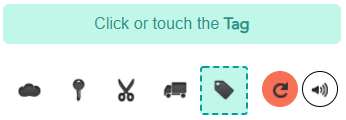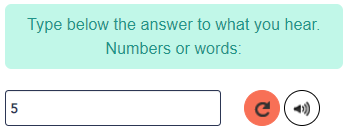Compare Hired and Non-owner Auto Insurance Rates
Learn more about the factors that dictate your Hired and Non-owner auto insurance rates, compare top insurers, and save.
 Your information is secure.
Your information is secure. Hired and Non-owner Auto
Policy covers business’s liability in accidents that occur while driving leased vehicles, rentals and employee-owned cars. Accident in leased vehicles, accident in rental cars, accidents in employee-owned vehicles doing business task are all candidates for coverage.

What is hired and non-owned auto insurance?
This policy provides coverage for business owners and employees who get into an accident while driving a personal vehicle for business purposes. It also covers leased or rented vehicles. Non-owned car insurance can cover your liability when one of your employees occasionally uses his or her personally-owned vehicle for your business
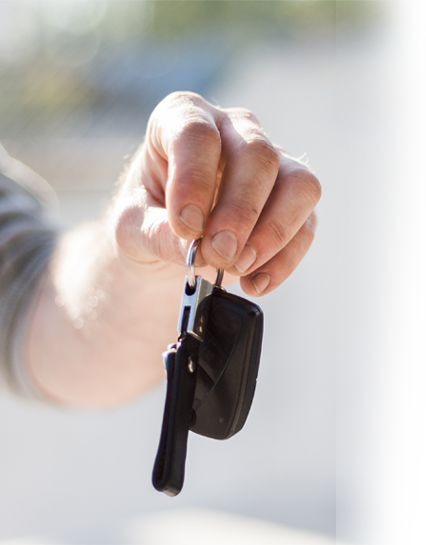
When do businesses need hired and non-owned auto insurance?
If your business regularly uses vehicles you don't own, you may benefit from hired and non-owned car insurance (HNOA). For example, employees might run business errands in their personal vehicles or rent a car for a business trip. However, if your business owns the vehicle, then you’re required by law to carry commercial auto insurance.
HNOA provides protection for:
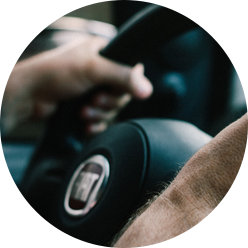
Personal vehicles used for work
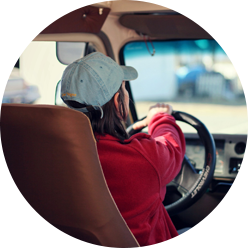
Employees running errands
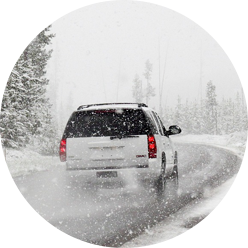
Car rentals for a business trip
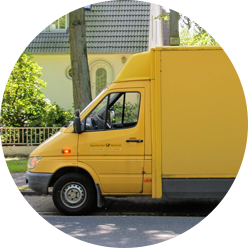
Companies that lease vehicles
Who needs non-owned auto coverage?
If your employees occasionally drive their personal vehicles for business-related tasks, such as delivering an invoice or driving to the hardware store, you probably need non-owned auto coverage. It could provide liability protection if one of those employees were involved in an accident.
EXAMPLE:
Employer's non-owned coverage example:
At a work site, you realize you're short on bolts. You send your employee, Joe, to the hardware store to get more. On his way to the store, Joe rear ends a car. The other car's bumper is damaged, and the other driver’s wrist is sprained. The resulting expenses are as follows:

$1,900 medical expense for the injured driver's wrist X-ray

$1,800 bill to replace body damage to the other car's bumper
Since James was driving for work, James’s personal auto insurance might not apply. If you were carrying non-owned coverage with a $300,000 combined single limit, the above expenses would not be an issue if you had non-owned.
Additional specialty coverages
There are several other ways to protect yourself aside from non-owned car insurance depending on the needs of your business including:
Hired auto coverage
Hired Auto coverage provides liability protection when you’re driving a hired, leased, rented or borrowed vehicle.

Any auto coverage
Any Auto coverage provides liability protection for all vehicles on a policy whether they are owned, non-owned, or hired, including vehicles that you purchase during your policy even if you forget to tell your insurance company. You can typically carry Non-Owned coverage along with Hired Auto coverage. Any Auto coverage already includes Non-Owned coverage, so these two coverages can’t be purchased together.
Hired and non-owned auto insurance can be inexpensive for a small business. Several factors affect policy costs, including:

Number of vehicles

Vehicle type and value

Level of risk involved

Claims history

Employee driving records

Policy deductible and limits
















